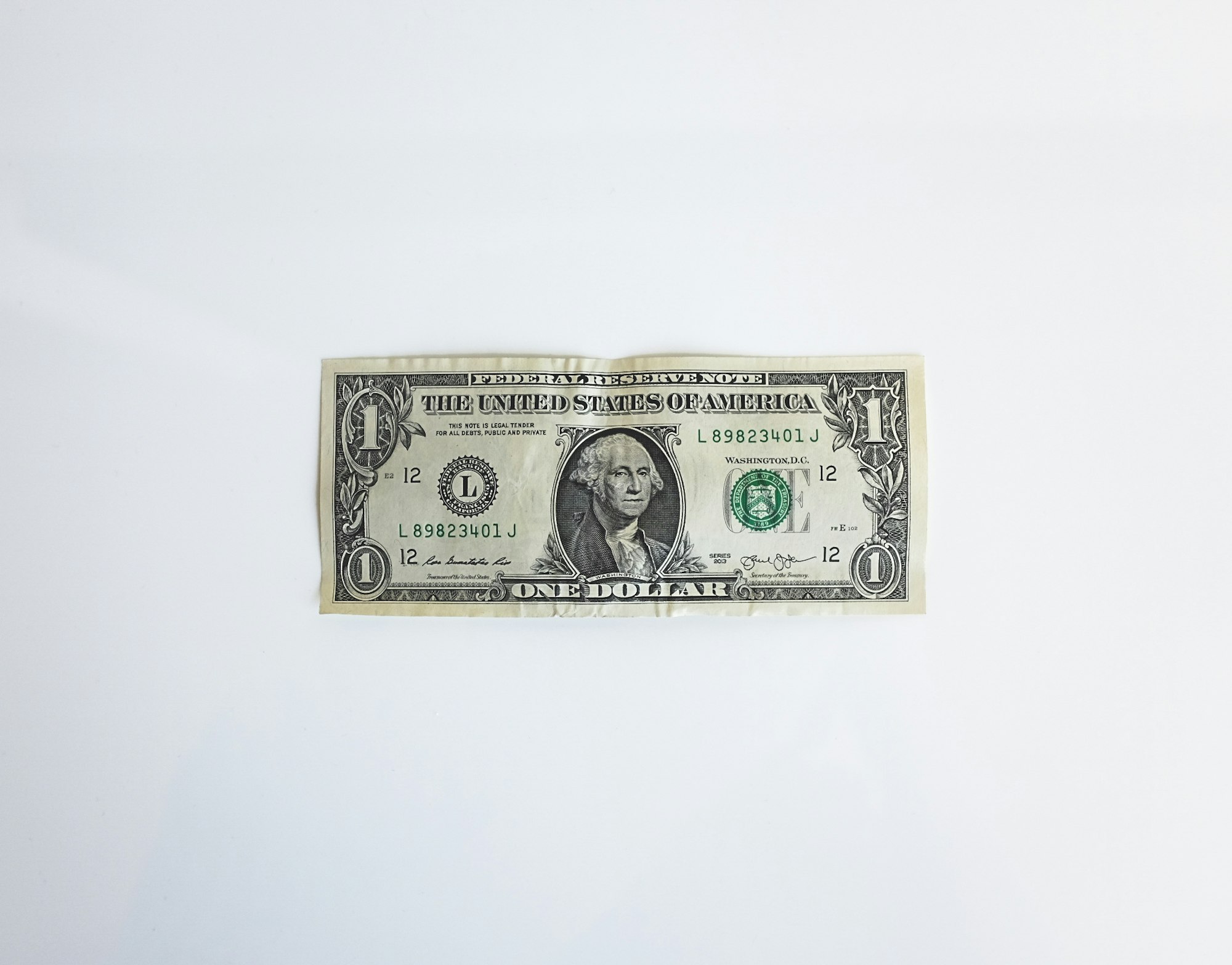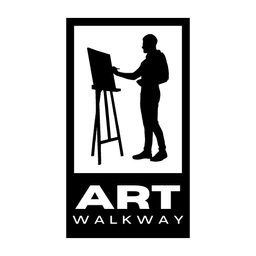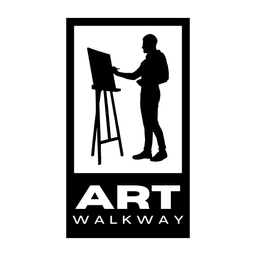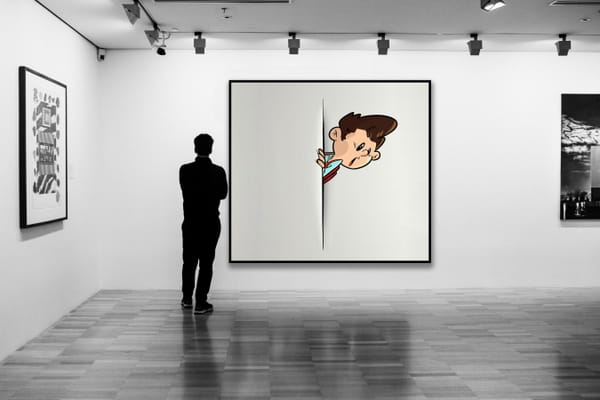A Grave Threat to American Arts: Controversial Bill Advances in Congress
The U.S. House passed H.R. 9495, granting Treasury unchecked power to strip nonprofits of tax-exempt status. Critics warn it threatens free speech and could devastate arts nonprofits.

Last week, the U.S. House of Representatives passed H.R. 9495, the Stop Terror-Financing and Tax Penalties on American Hostages Act, a bill that critics warn could devastate the nation’s arts nonprofits and imperil free speech. The bill, which now heads to the Senate, grants sweeping powers to the Secretary of the Treasury to designate nonprofit organizations as “terrorist organizations” and revoke their tax-exempt status—without requiring evidence or disclosure of justification.
The implications for American arts nonprofits, many of which champion social justice and dissenting perspectives, are staggering. Organizations central to the cultural and intellectual fabric of the country could face abrupt shutdowns, stripping away vital platforms for dialogue and creativity. Should the bill become law, the consequences could ripple through some of the country’s most influential institutions, from museums to alternative art spaces, crippling their ability to operate.
Unchecked Powers and Dire Consequences
Proponents of H.R. 9495 argue that the bill expedites the fight against terrorism by cutting through bureaucratic red tape. But detractors, including the ACLU and over 150 civil rights organizations, warn that the bill undermines constitutional protections and paves the way for authoritarian abuse.
“The potential for abuse under H.R. 9495 is huge,” wrote the ACLU in an letter to Congressional leaders. “This bill gives the executive branch unchecked power to silence free speech, censor nonprofit media, target critics, and punish groups it opposes.”
Critics argue that by allowing the Treasury Department to strip tax-exempt status without requiring evidence or due process, the bill creates a chilling effect on dissent. Such unchecked authority could silence nonprofits tackling controversial or politically charged issues—often the very topics at the heart of great art and cultural progress.

Parallels to a Dark History
For many, the bill evokes painful echoes of the Red Scare in the 1950s, when Americans were baselessly accused of Communist sympathies, often with devastating personal and professional consequences. While those accused during the Red Scare could at least defend themselves in congressional investigations, H.R. 9495 denies nonprofits any such recourse. The result could be catastrophic for organizations that rely on tax-exempt status to fund their operations.
The passage of similar laws in other countries offers a grim preview of what might come. In Slovakia, a bill targeting NGOs receiving foreign funding led to a wave of accusations, firings, and censorship that gutted the country’s cultural sector. Amnesty International described the legislation as “a thinly disguised attempt to stigmatize civil society organizations that are critical of the authorities and hamper their vital work.” American critics fear H.R. 9495 could similarly stifle dissent, with profound consequences for the arts.

Censorship in the Spotlight
The passage of the bill comes amid a fraught moment for free expression in the U.S. Pro-Palestinian demonstrations have faced suppression on college campuses, and major art institutions have been accused of enabling this repression. Earlier this year, Indiana University’s Sidney and Lois Eskenazi Museum of Art canceled an exhibition by Palestinian American artist Samia Halaby, citing vague “safety concerns.” Similarly, a portrait of Edward Said by artist Charles Gaines was temporarily removed from an ICA Miami exhibition before a donor event, without the artist’s consent.
These incidents highlight a troubling trend of censorship that critics say H.R. 9495 could exacerbate. The arts have long been a platform for challenging dominant narratives, but this bill threatens to undermine that role, silencing voices that dare to dissent.
What’s at Stake?
American arts nonprofits are at the forefront of cultural innovation, fostering dialogue and providing space for underrepresented perspectives. From small alternative art spaces to globally renowned museums, these organizations play a vital role in shaping public discourse.
As the bill moves to the Senate, the stakes could not be higher. Will lawmakers defend the arts and the rights of nonprofits to dissent, or will they usher in an era of suppression that cripples American creativity? The nation’s cultural future hangs in the balance.
ART Walkway News







